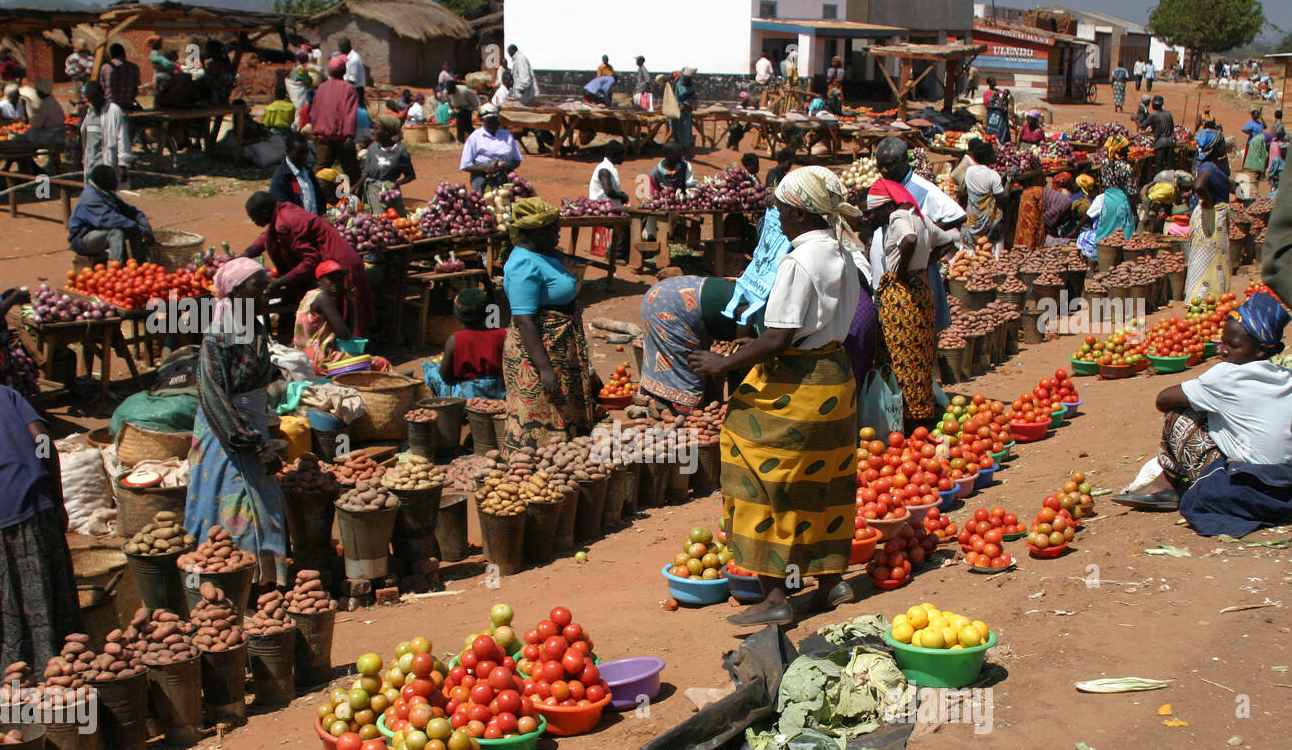Community-based trade can play a significant role in poverty eradication by empowering local communities economically and socially. Trade generally involves the exchange of goods and services. We can refer to such exchange of goods and services when conducted within a defined community as community-based trade.
Community-based trade therefore refers to the exchange of goods, services, and resources within a localised community where individuals and businesses interact closely, often with a strong sense of social cohesion and mutual support. This type of trade is not just transactional; it also reinforces community bonds and enables the creation of a sustainable and vibrant local economy that can ripple through the broader economic activity in any country and impact real economic growth, wealth creation and poverty eradication. In this post we examine a number key benefits of Community based trade.
At the heart of any trade, is the exchange of value against goods and services. This process needs to be accessible, cost effective and inclusive in oder to have the desired impact on any organised community and on humanity in general. Therefore in order to create tools and processes to tackle poverty within any community we must implement the tools needed to drive seamless exchange of value and and as a result drive trade, wealth creation and overall sustainable economic growth for the benefit of all.
As we examine this concept of community based trade and its potential benefit on community empowerment and poverty eradication, let’s take a closer look at some of the key impacts:
- Income Generation: If you live or have grown up in a local farming community for example, you will know fully well that household income for many families depends so much on what they produce and how easily and readily they can sell what they produce in order to generate extra income to meet their day to day household expenditure. The income from Community-based trade often involves small-scale producers and artisans who may have limited access to formal markets. By facilitating direct access to markets, it enables these producers to earn a sustainable income from their goods and services, lifting them out of poverty.
- Wealth Distribution: Unlike conventional trade models that may concentrate wealth in the hands of a few intermediaries or corporations, community-based trade tends to distribute wealth more equitably within the local communities. It provides the opportunity for direct sale of products and services by producers within the community to buyers. This can help reduce income inequality and alleviate poverty by ensuring that more community members benefit from economic activities. The producers are less susceptible to the pressures of selling at low prices as a result of the pressure from the buying power which may be concentrated in the hands of a few intermediaries largely driven by excessive profits.
- Skills Development: Engaging in trade activities within their community can provide individuals with valuable skills and knowledge, ranging from production techniques to marketing and business management. These skills enhance their employability and entrepreneurial capabilities, thereby improving their economic prospects and reducing poverty in the long term. This empowers many in the community to consume what they produce and to participate in producing what they need, potentially leading to more specialised production opportunities as the community diversifies the production of of goods and services for sustainable living.
- Social Cohesion: Community-based trade fosters a sense of solidarity and cooperation among community members. By working together towards common economic goals, individuals develop stronger social networks and mutual support systems. This social cohesion not only enhances the resilience of communities but also contributes to poverty reduction by providing a safety net for vulnerable members. This could also have far reaching consequences to our environment as Community-based trade often entails shorter supply chains. Goods and services are produced and consumed locally, which significantly reduces transportation requirements and, consequently, the carbon footprint associated with long-distance transport. This local focus also encourages producers to adopt more sustainable practices as they cater to consumers who are directly impacted by their production methods.
- Preservation of Cultural Heritage: Many community-based trade initiatives focus on promoting traditional crafts, agriculture, and cultural practices. By valuing and preserving indigenous knowledge and traditions, these initiatives not only contribute to the cultural richness of communities but also provide sustainable livelihoods for artisans and producers. A simple example is the existence of staple traditional foods in many communities. For these traditional meals which are in large part a cultural heritage to be preserved, the local community must take ownership of its production to maintain authenticity, cultural richness and heritage. This preservation of cultural heritage can be instrumental in poverty eradication, particularly in marginalised or indigenous communities and can create other opportunity for example in showcasing the cultures and traditions to drive education and tourism.
- Environmental Sustainability: Community-based trade models often prioritize environmental sustainability by promoting organic farming practices, traditional handicraft techniques, and other eco-friendly methods of production. By conserving natural resources and minimising environmental degradation, these initiatives contribute to the long-term resilience of communities and help safeguard livelihoods against environmental shocks to better preserve our natural environment for future generations.
- Self-sufficiency: Providing the tools and processes to drive community based trade has far reaching economic implications which cannot be covered in detail in a simple post like this one. Imagine where Communities are organised to produce what they need and to consume what they produce. Imagine the capacity for self sufficiency in such communities and their capacity to survive external supply shocks. Imagine the level of innovation and creativity that such self sufficient and resilient culture can create and the capacity to drive local economic activity which ripple through other communities and through nations. Local trade systems can increase a community’s resilience to global economic shocks. By diversifying their economic activities and relying more on local production, communities are less susceptible to international market fluctuations that can lead to price spikes or supply disruptions.
- Quality preservation and health benefits: A community that produces their own food for local consumption is more likely to to more mindful of the overall quality and conditions under which the food is produced. This applies not only to food but extends to every area of local production to meet local community needs. Community-based can therefore result in higher-quality goods. Producers who know their consumers are likely to maintain high standards, and local consumers can easily obtain information about how their goods and services are produced. This transparency fosters trust and can lead to higher consumer satisfaction and impact on both economic outcomes and long term health of the community.
Overall, community-based trade has the potential to be a powerful tool for poverty eradication by fostering inclusive economic development, empowering marginalized groups, promoting social cohesion, preserving cultural heritage, and ensuring environmental sustainability.
However, for its full potential to be realised, supportive policies, infrastructure, market linkages and the tools for seamless exchange of value across the community are crucial to enable communities to fully participate in and benefit from trade activities.
Now imagine the impact at national level in any Country or across the continent of Africa, when organised local communities become the hub for broader sustainable economic activity. Imagine the paradigm shift from generational poverty to sustainable generational wealth creation. The irony is that we often look for answers to come from outside and some times forget that we have all the tools to start creating the kind of economic environment we want to see. Whether we collectively acknowledge, recognise our collective role in shaping our economic environment now or at some other time in the future – the reality is that each and everyone of us is part of our local economy and we are the productive force to shape it.















Get involved!
Comments